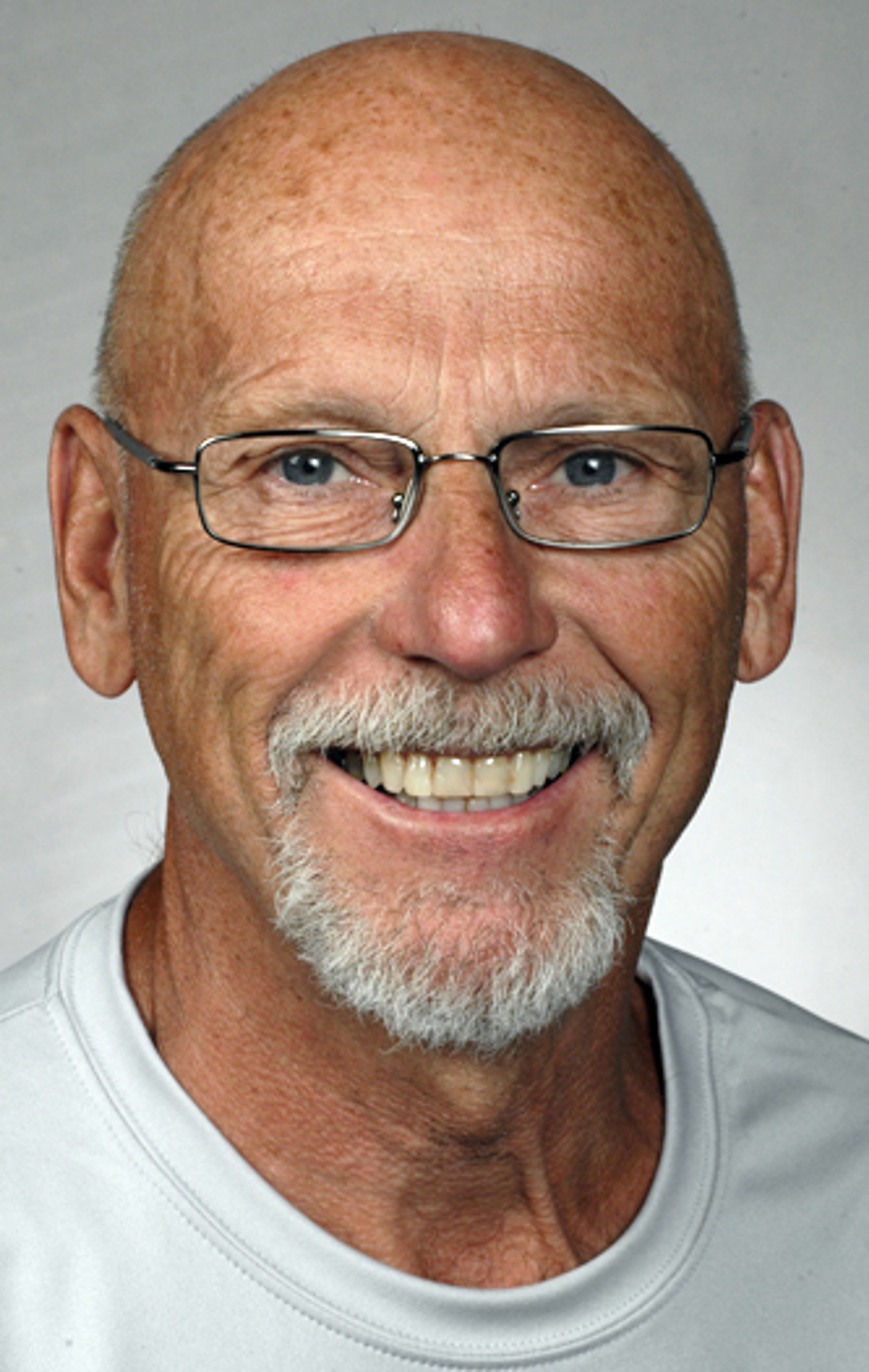COMMENTARY: Some terminology to aid our discussions
Commentary by Janet Marugg
Content warning: contains boring-ish, ugly-ish and academic-ish definitions.
I know silence to be the best answer to those who won’t value my words, but for the rest of you I aspire to assist with clarity; to help readers better understand so they can speak accurately about religion and the religious experiences of human beings.
French philosopher Michel de Montaigne said, “No man is exempt from saying silly things; the mischief is saying them deliberately.” As a serious student of humanity (and a loyal member), I agree — and not just because Monsieur Montaigne was a renaissance humanist. He would also agree that today’s mischief is often found in deliberately misused and misunderstood definitions and terms.
Ever notice that people tend to fear the unknown and what they don’t understand? Too often people outsource their thinking and beliefs to another’s misconceptions and the misunderstanding is perpetuated. That’s why serious students of theology also study atheology and understanding atheism makes people less inclined to atheophobia. A possible solution I can offer is a quick refresher on the theist-related terminology:
Gods are supernatural entities worshipped for both a creative and destructive power over the universe.
Theists believe in the existence of a god or gods, specifically a creator who intervenes in human lives.
Atheists lack the belief in the existence of a god or gods.
Monotheists believe in a single supreme god. Note: monotheism is atheistic lacking belief in the existence of all other gods but one.
Polytheism is the belief in and worship of more than one God.
Pantheism is the belief that God is everything and all-pervasive in an interconnected universe.
Deism is belief in a creator who is absent and does not intervene with human lives.
Religion is a system of beliefs about how best to worship a supernatural entity or entities, especially a god or gods.
Nonreligious is a dependent reference to religion. Subgroup: Nones or people who claim no membership in a specific sect, though many are theist or deists. Dones are people who once believed in religious truth claims but no longer do so.
Secularism holds indifference to religions and is a unique position to objectively observe religious practices, a valuable point for serious theologians. It is also a reference to religion.
Humanism is a system of thoughtful commitments that attach prime importance to human well-being rather than divine or supernatural matters. Note the reference to divine (godly) or supernatural matters. Note: Religion is also defined as a system.
Humanists make Ten Commitments that represent our humanistic values and principles to promote a democratic world in which every individual’s worth and dignity is respected, nurtured and supported, and where human freedom and ethical responsibility are natural aspirations for everyone.
The Humanist Ten Commitments are altruism, critical thinking, empathy, environmentalism, ethical development, global awareness, humility, peace and social justice, responsibility, service and participation.
There are theist, atheist, monotheist, pantheist and polytheist humanists. There are gnostic and agnostic, religious and nonreligious humanists. As far as I know, all 10 of the Humanist Commitments are compatible with religious doctrines that also value humanity. There are humanists sitting in church pews everywhere because people can be both Team Human and Team God(s). If there is a god, He/She/It is on Team Human, too.
All religious-related and religiously referenced ideas belong on this Religion page. Allowing only theistic content is, by definition, indoctrination and hardly the mission of a community newspaper. But if I am forced to claim a theistic status to be here, then I am a nontheist. Theism comes with prefixes.
I hope my presence here as a secular humanist (also a nontheist and a done) inspires people from all religious world views and spiritual practices as well as other secular ethical thinkers to share ideas on what it is to be a good human being, how to live well, and how to act to benefit the well-being of fellow humans. We should not be afraid of ideas. Ideas and information help readers transcend the rut of ignorance and as Michel de Montaigne put it, “Ignorance is the mother of all evils.”
Lastly, religious writers who care about spreading the word should want to bring nonbelievers to this page. Put your advertisements here and show us your best!
Marugg is a Secular Humanist favoring responsible speech and clarity. Her words also appear in FaVS.news and Religion Unplugged. She can be reached at janetmarugg7@gmail.com.






